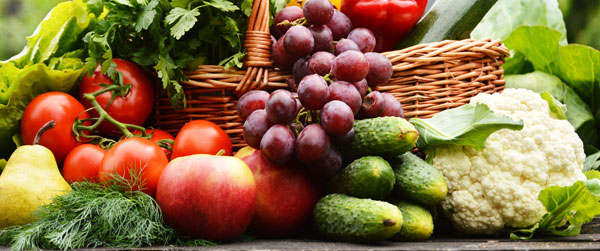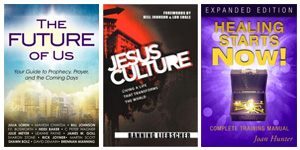If you are one of the few people who reads labels when you go grocery shopping, then congratulations!
Sadly, a quick trip to the store usually reveals that most people are mindlessly throwing items quickly into their carts without a second thought. However, if you’re interested in improving your health, one of the best things you can do is get acquainted with where your food comes from, how long it’s traveled to get to your market, and whether it’s conventionally grown or truly organic!
It might surprise you to learn that the “fresh produce” you think is locally grown is really arriving here from somewhere around the world. When asked, many people will guess the oranges in their cart came straight from Florida, but during the winter months, oranges are shipped in from South Africa and Australia.
It’s the same with tomatoes, cucumbers, peppers, squash, apricots, avocados, grapes, limes and all sorts of fruits and vegetables that are flown and trucked in from around the globe. There are many reasons to be concerned about this, and the most obvious is that the “fresh” produce you thought was picked locally off the vine is really weeks old by the time it arrives at your store. The biggest issue, however, is food safety, as it’s literally impossible for inspectors to test every single food shipment that makes its way into our country. That means your food items could have been sprayed with pesticides, toxic chemicals, or injected with growth hormones – all that you and your family will be absorbing when you eat it!
One way you can be a savvy shopper is to educate yourself about organic labeling. Some people, for instance, think a jar of “all natural” peanut butter or jam is safe and the same thing as organic, but it’s not. When I was young, I used to tell people all the time that I ate only “natural foods,” but later on I learned that “natural” can mean just about anything and is not a good indicator that the food is unprocessed or organic. For this reason, the Food and Drug Administration has discouraged food giants and smaller companies from labeling their foods “natural” or “all natural.” When you see these products, move on to something organic!
But what does organic really mean? As it turns out, products labeled “organic” can be almost as confusing as the ones labeled “natural.” However, the USDA has established some guidelines that can help you determine the best organic choices at stores. Look for these three product descriptions at your store:
- Made With Organic Ingredients: This means the food must contain at least 70 percent organic ingredients. The remaining 30 percent cannot include any genetically modified ingredients – GMOs.
- Organic: The food must be at least 95 percent organic before it can receive a blue seal.
- 100 percent Organic: Look for foods with a USDA Certified Organic green seal, as this means the food must be all organic or contain only organically produced ingredients.
Of course, there are still a lot of questions looming as to whether the foods you are purchasing are really the best for you and your family. People are always asking me if they should buy farm-raised, corn-fed, or pasture-fed beef and if raw dairy is safe to consume. Many people are curious about GMOs and how to avoid them, while others are so outraged that they are organizing marches in their communities to protest Monsanto’s grip on the food supply.
The good news is that I address all of these questions, concerns and more in my upcoming book, The Maker’s Diet Revolution. Pre-order your copy of The Maker’s Diet Revolution now at Amazon and ChristianBook.com or look for it at your favorite online retailer on December 17th.





